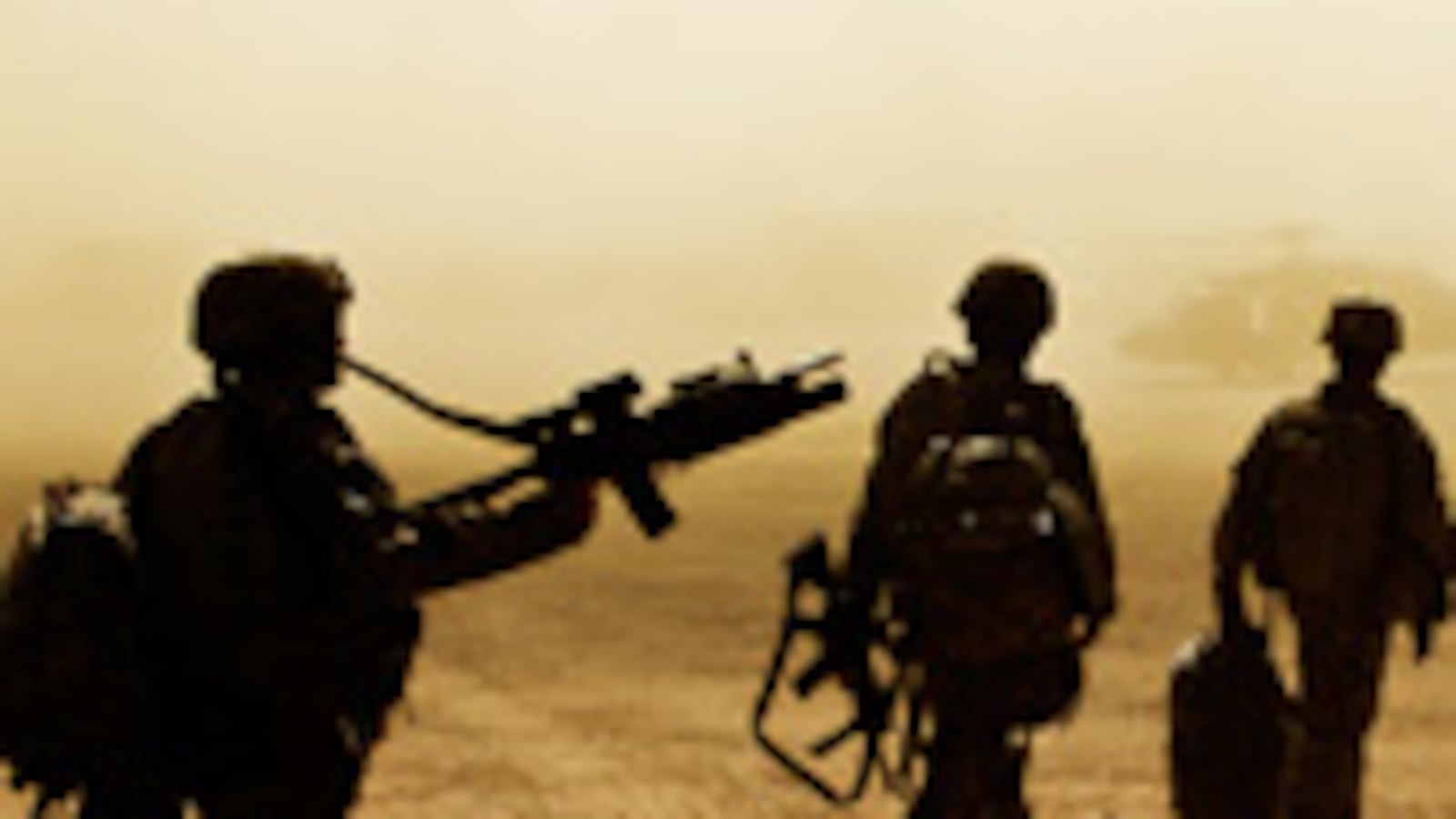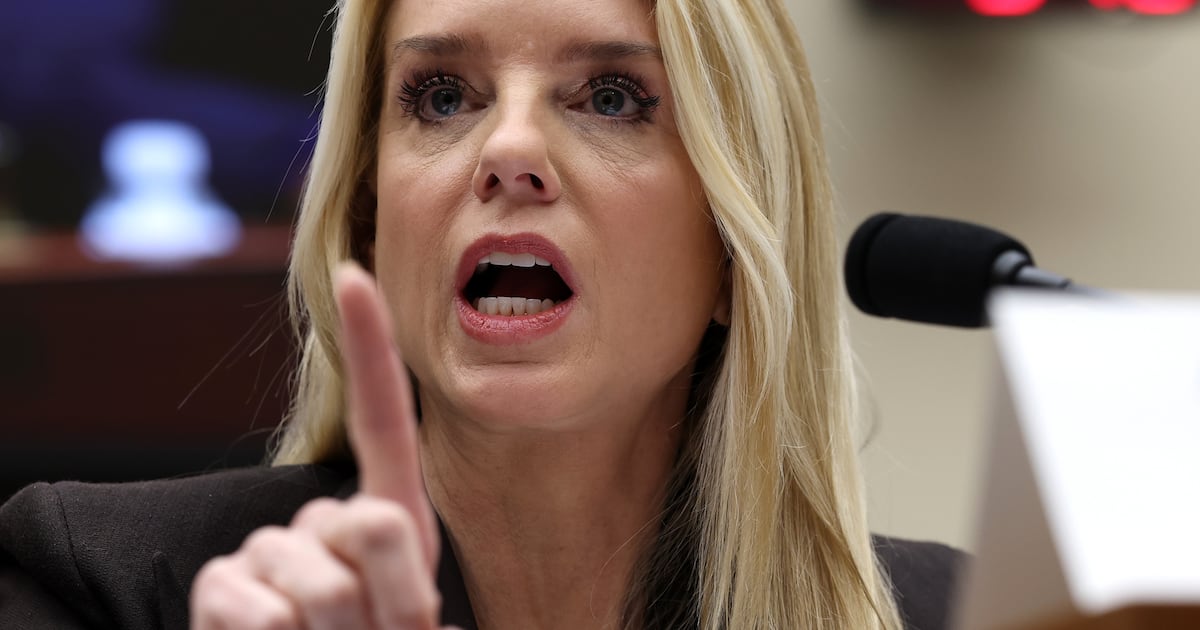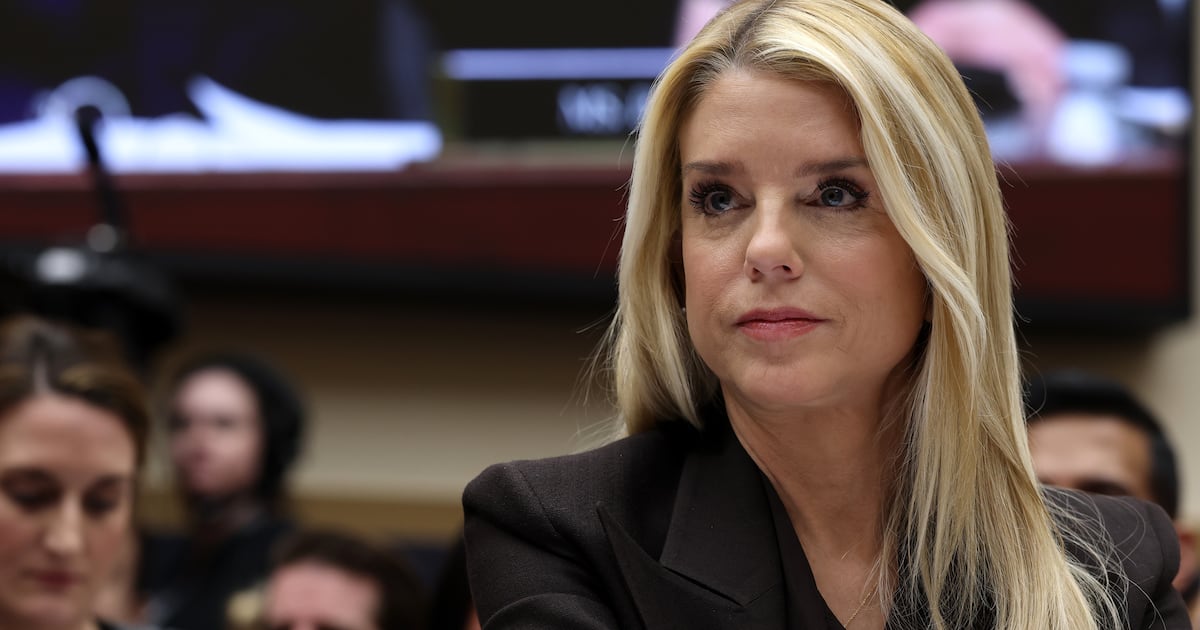
Editor's Note: In an earlier version of this article, several passages were copied from a Salon.com article by Shaun McCanna. The passages have been either removed or attributed. The Daily Beast regrets the error.
Forty years ago, the Vietnam War was partly undermined by heroin addiction among U.S. troops. Surely mindful of that, the Taliban and al Qaeda are now using Afghanistan’s bountiful heroin supplies as a tactical weapon. An internal U.S. intelligence report has concluded that the two groups are targeting American troops in an effort to undermine their effectiveness, while raising cash to pay for new recruits and weaponry, a U.S. intelligence official tells The Daily Beast.
It’s a logical tactic. The drug is plentiful, cheap—less than $1 for a day’s supply—and potent. And while Army officials publicly dismiss talk of any surging drug problem, some privately express concern about the possibility of increased drug use among bored and susceptible young soldiers.
The Taliban and al Qaeda see an opportunity: U.S. and other NATO soldiers are caught in an increasingly unpopular conflict with high stress and little to do in their spare time.
According to the report, which the official spoke to me about only on the condition of anonymity, the Taliban and al Qaeda see an opportunity: U.S. and other NATO soldiers are caught in an increasingly unpopular conflict with high stress and little to do in their spare time. Drugs are a tempting escape. The report cites the drug problems in previous drug-producing combat zones. In Vietnam, some frontline U.S. troop battalions had substance abuse rates that exceeded 20 percent, almost all due to China White, the almost-pure heroin from the adjacent Golden Triangle. Russian soldiers who served in Afghanistan in the 1980s returned to the motherland with an addiction rate than also approached 20 percent.
This heroin bomb then does collateral damage back home. The returning soldiers brought home a heroin problem to Russian cities that grew exponentially during the past two decades. This past March, Russia’s anti-narcotics bureau announced that the country had become the planet’s “No. 1 heroin consumer.”
Today’s Taliban-fighting Americans were yesterday’s mujahideen-fighting Soviets. They saw how heroin helped disable a foreign fighting force more than 20 years ago. And that lesson isn’t lost on them. With the Afghan opium crop at record levels—generating more than 90 percent of the global supply—and the Taliban and al Qaeda increasingly relying on the drug trade to finance their war, targeting U.S. soldiers also has the potential to seed new markets.
• Reihan Salam: The Taliban-al Qaeda ConnectionOfficially, the subject remains taboo, especially given the Obama administration’s current debate about changing the Afghanistan military strategy. Barry McCaffrey, a retired four-star general who was the U.S. drug czar under Bill Clinton, told a conference of addiction-treatment providers that serious drug use among U.S. troops in Afghanistan has doubled in the last four years, and that as the Obama administration moves more soldiers from Iraq to Afghanistan, more will fall prey. “[Soldiers] are going to stick it up their nose and like it," he told the National Association of Addiction Treatment Providers this past May.
The remarks went largely unnoticed, but Army officials were privately furious at McCaffrey's statements, telling me he didn’t have the stats to back up his charge. But while Army officials talk a good game—arguing random drug testing is in place, the Army is now volunteers, not draftees, and the numbers of opiate addicts are still low—they are clearly concerned about what might be coming.
In 2004, the military, worried even then about the huge supply of cheap opiates, began random drug testing of American troops in Iraq, and soon extended that to Afghanistan. Ten percent of troops in each unit are selected at random, once a month, for a urinalysis. But testing soldiers in a combat zone is not easy. Rhonda K. Paige, the chief of the public affairs and strategic communications office of the Army’s deputy chief of staff, told The Daily Beast, “We apply the same testing requirements to soldiers in theater as we do to soldiers at home station; but not at the risk of the mission and or our soldiers' personal safety.”
George Wright, a Pentagon-based Army spokesman told me, “In Iraq, a majority of units inspected at the brigade, battalion, and company levels were meeting the intent of current Army policy, but compliance in Afghanistan is problematic due to operational tempo and unit dispersion.”
Wright made a strong argument for the Army’s many attempts to avoid the drug problems that afflicted troops in Vietnam, pointing out that it has aggressively trained soldiers to be better aware of the causes of drug abuse and “to erase the stigma associated with seeking behavioral health care.” As for punishment for anyone who tested positive, Wright said, “Leaders will support soldiers to the highest degree possible, and will address each situation on its merits. However, substance abuse will not be tolerated in the Army. Every effort is made to help a soldier rehabilitate.” That means that if somebody does test positive, the Army isn’t likely to transfer out a combat soldier when it already has difficulty getting good fighting troops with experience on the front line.
“Through September 2006, [there were] no positive urinalysis results among deployed soldiers for heroin,” he told me. He was not able to find any later data. But The Daily Beast spoke to six soldiers, four of whom had served in Iraq, and two from Afghanistan. All had developed opiate addictions and had sought treatment from the Veterans Hospitals in their home cities. None wanted to go on the record, because they were either in the Reserves, afraid their comments might be interpreted as criticism of the Army, or might reflect badly on their friends who were still serving honorably in the combat zones.
These six unanimously confirmed that heroin “was everywhere,” especially in Afghanistan. Each of them also talked about local suppliers who had established pipelines into American troop installations in many parts of the countries. One, who had been based at the Bagram airfield, said that heroin was “sold at a lot of the shops in the bazaar” located just outside the air base’s perimeter. They confirmed that some soldiers have bartered away military equipment, including knives, helmets, and flak jackets, for drugs. “Why do you think you can buy surplus Army equipment inside the bazaar,” one solider asked me. (At Bagram, according to a written statement provided to Salon by an Army spokesperson for the base, the "Military Police receive few reports of alcohol or drug issues.")
In conversations with Army officials, it becomes clear that the true extent of the heroin problem among American soldiers now serving in Afghanistan, and Iraq, is unknown. The military keeps statistics only on how many troops failed drug tests, as George Wright noted when he cited the zero-positive results in “deployed soldiers.” But it turns out that that better information on long-term addiction comes not from the Army but from the U.S. Veterans Administration.
According to reporting by Shaun McCanna in Salon, "The anecdotal information...suggests there may be a wave of new patients coming" to the VA. "Although they haven't shown up in the statistics yet, reports from methadone clinics suggest the VA's future patients may already be back in the States in force," McCanna reported.
"We're just starting to get a lot of Gulf War veterans," Dr. Jodie Trafton, a health-care specialist with the VA's Center for Health Care Evaluation in Menlo Park, California, told Salon, adding that young soldiers don't seek treatment unless urged to do so by their family.
But addiction is only one problem from having a fighting force stationed in the world’s largest opium-producing nation. "I'd be astonished if we don't see soldiers who find 10 kilograms of heroin and pack it up in a birthday cake and send it home to their mother," McCaffrey said in May.
Army officials are still stinging over the 2005 incident in which four military intelligence soldiers, whose mission was to assist the Colombian government in surveillance and detection of drugs, transported more than 200 pounds of cocaine on military aircraft into Texas and Louisiana. They received general courts martial and the sergeant who was the ringleader got six years in prison. That was the same year that an Air National Guard pilot and a sergeant used a C-5 Galaxy military transport plane to sneak nearly 300,000 Ecstasy pills from Germany into New York. And in the past two years, the British have prosecuted nine soldiers for smuggling guns out of Iraq to trade for drugs and cash.
Army officials are not worried about large, far-flung narcotic cartels run by U.S. soldiers. Instead, they are concerned that some individuals may be tempted to make some fast and easy money. But the Army does not have the resources or ability to monitor every soldier who wants to earn a year’s extra pay by mailing home a couple of packages of virtually pure heroin. The Daily Beast has learned that the DEA, which has the responsibility for developing major drug cases inside Afghanistan, does not have any American service personnel currently serving in Afghanistan or Iraq under a drug-related investigation.
This does not cover the more than 18,000 private armed security contractors, such as Blackwater and Armor Group, now working in those countries under Pentagon control. Some in the Afghan Ministry of Anti-Narcotics believe the private mercenaries might have more incentive and means to deal in heroin.
A senior DEA officer told me the agency is working hard to try to prevent heroin trafficking from Afghanistan becoming an American problem. "We're trying to build the complex cases to stop the Pablo Escobars of Afghanistan from getting a permanent foothold," he said. "We don't have the ability to stop every mom and pop dealer in a country where opium is the biggest cash crop. Some people are just going to fly under the radar."
UPDATE: The substance-abuse rates in U.S. battalions during the Vietnam War has been revised since this article originally posted.
Gerald Posner is The Daily Beast's chief investigative reporter. He's the award-winning author of 10 investigative nonfiction bestsellers, ranging from political assassinations, to Nazi war criminals, to 9/11, to terrorism. His latest book, Miami Babylon: Crime, Wealth and Power—A Dispatch from the Beach, was published this month. He lives in Miami Beach with his wife, the author Trisha Posner.






